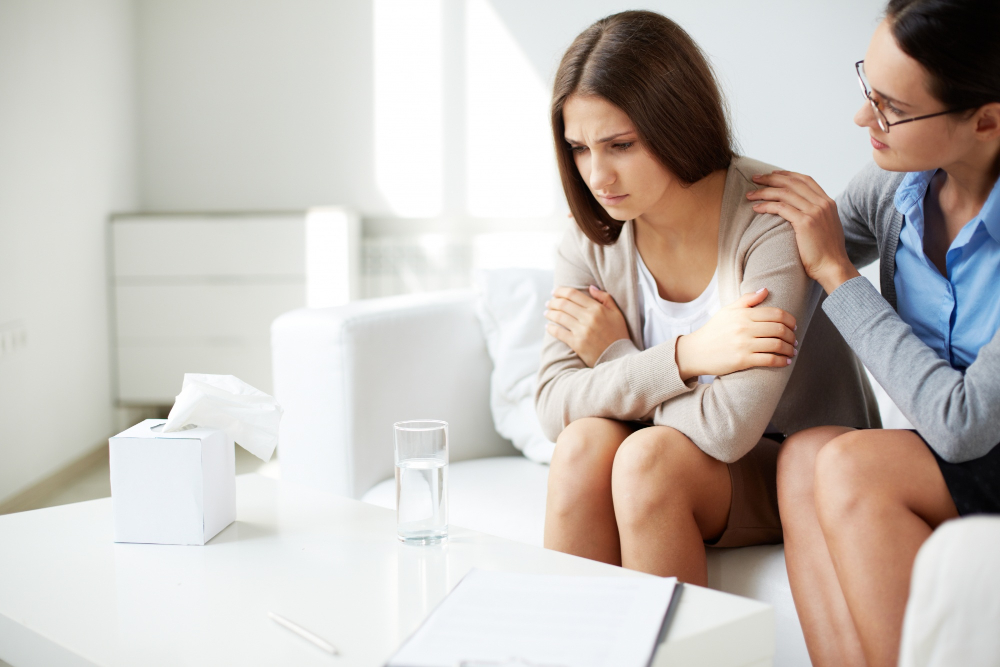Depression is a common mental health condition that affects millions of people worldwide. It can be debilitating, impacting every aspect of a person’s life, from their ability to work and interact with others to their physical health. However, the good news is that depression is treatable, and a range of effective therapies exists. In this blog post, we’ll explore some of the most common treatments for depression and discuss how they work.
Medication
One of the primary treatments for depression is medication. Antidepressants are a class of drugs designed to help balance chemicals in the brain, which can alleviate depressive symptoms. There are several types of antidepressants, including:
- Selective Serotonin Reuptake Inhibitors (SSRIs): This class of drugs, such as Prozac and Zoloft, works by increasing serotonin levels in the brain, a neurotransmitter associated with mood regulation.
- Serotonin-Norepinephrine Reuptake Inhibitors (SNRIs): Medications like Effexor and Cymbalta impact both serotonin and norepinephrine levels.
- Tricyclic Antidepressants (TCAs): Older than SSRIs and SNRIs, these drugs can be effective but often have more side effects.
- Monoamine Oxidase Inhibitors (MAOIs): These are typically used as a last resort due to potential dietary restrictions and side effects.
While medication can be highly effective, it’s important to work closely with a healthcare provider to find the right drug and dosage, as individual responses can vary.
Psychotherapy
Psychotherapy, or talk therapy, is another cornerstone of depression treatment. It involves working with a trained therapist to explore emotions, thoughts, and behaviors that contribute to depression. Some common types of psychotherapy include:
- Cognitive Behavioral Therapy (CBT): This approach focuses on identifying and changing negative thought patterns and behaviors.
- Dialectical Behavior Therapy (DBT): A type of CBT that emphasizes acceptance and change, often used for severe or treatment-resistant depression.
- Psychodynamic Therapy: This form of therapy explores how past experiences and subconscious thoughts affect current behavior.
- Interpersonal Therapy (IPT): Focused on improving interpersonal relationships and communication skills.
Therapy can be conducted individually or in group settings, depending on the needs and preferences of the patient.
Lifestyle Changes
In addition to medication and psychotherapy, lifestyle changes can significantly impact depression. Regular exercise has been shown to boost mood and energy levels. A balanced diet, adequate sleep, and stress management techniques, like meditation or yoga, can also contribute to improved mental health.
Alternative Treatments
For some individuals, traditional treatments may not be sufficient, and alternative approaches can be considered. These include:
- Electroconvulsive Therapy (ECT): Typically used for severe or treatment-resistant depression, ECT involves delivering controlled electrical currents to the brain.
- Transcranial Magnetic Stimulation (TMS): A non-invasive procedure that uses magnetic fields to stimulate nerve cells in the brain.
- Acupuncture: Some studies suggest that acupuncture can help alleviate depressive symptoms.
Conclusion
Depression is a complex condition, and treatment varies from person to person. The key is to find a combination of therapies that work best for you. If you’re struggling with depression, it’s crucial to seek professional help and explore the various treatment options available. Remember, you’re not alone, and effective treatments are within reach.
